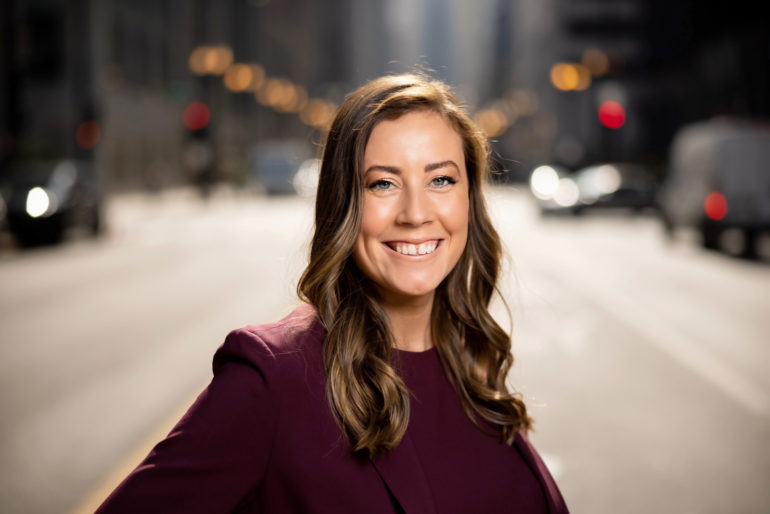What does it take to be an effective leader at work and in one’s community? Susan A. Capra, Shannon M. McNulty and Sarah F. King, partners at Clifford Law Offices in Chicago, Illinois, recently shared their thoughts on the subject.
“Many of the same elements it takes to win a case reflect the traits of a great leader — rigor, agility, adaptability, calm under pressure,” said McNulty. “A great leader is also inclusive, identifying and deploying strengths of individuals to achieve the mission.”

Of the individual skill sets needed for effective leadership, communication and community involvement topped the list for all three attorneys.
“Communicating with clients is essential,” noted Capra, who has a policy of always returning phone calls within 24 hours. If she herself is not immediately available, she ensures that someone on her support staff can take calls and answer questions. Regardless of who it is, it’s important for clients to feel heard. Regular updates also go a long way toward building meaningful communications with others, adds King.
This focus on communication is so vital because, at the end of the day, these cases are about the clients, and keeping the focus on them is critical to winning a case. “It is our job to present the case in a competent and compelling way to help the client,” said Capra.
Outside of the office or courtroom, strong leaders also build strong relationships by inspiring and helping others in the larger community.

“As attorneys, we have communication skills and access to resources to solve simple problems for members of our community that make a big impact,” explained King, who said community involvement is very important to her overall work. “Sometimes it is as simple as writing a letter on your neighbor’s behalf or calling to help your elderly landlord negotiate a medical bill.”
At Clifford Law Offices, attorneys donate their time to help the surrounding community. Building up the community is not only good for the firm’s reputation, but it also grows the representation of women and minorities in the trial bar.
Regardless of a person’s chosen profession, those who have the ability to do so should always make time for good deeds. In the end, no leader is a truly great one without that necessary action.
“Giving one’s time, talent and resources to the needs of a local school, church or civic group is incredibly rewarding,” said McNulty. “It is also important to our profession for lawyers to remain engaged outside of the courtroom and in touch with real people confronting real issues.”

